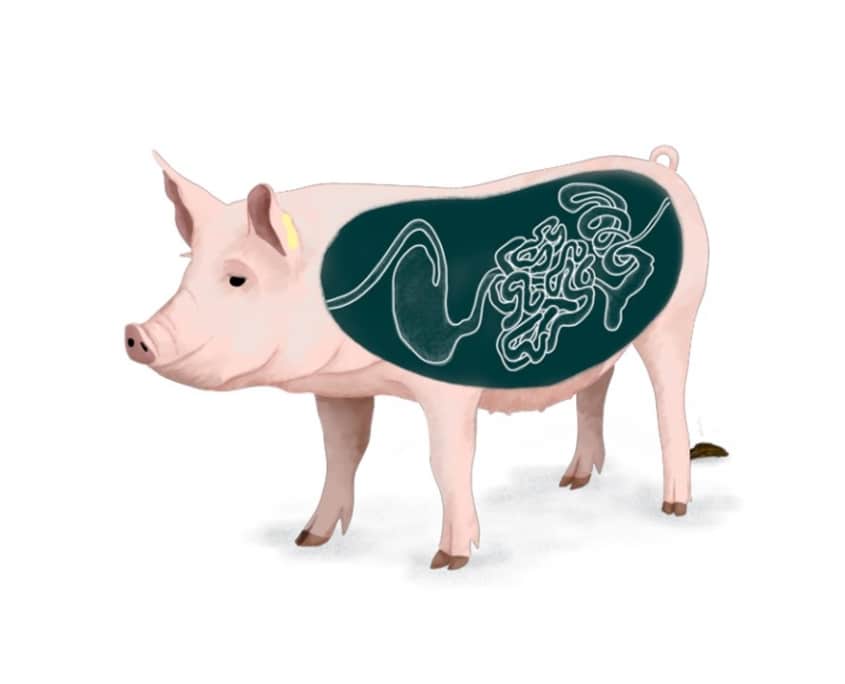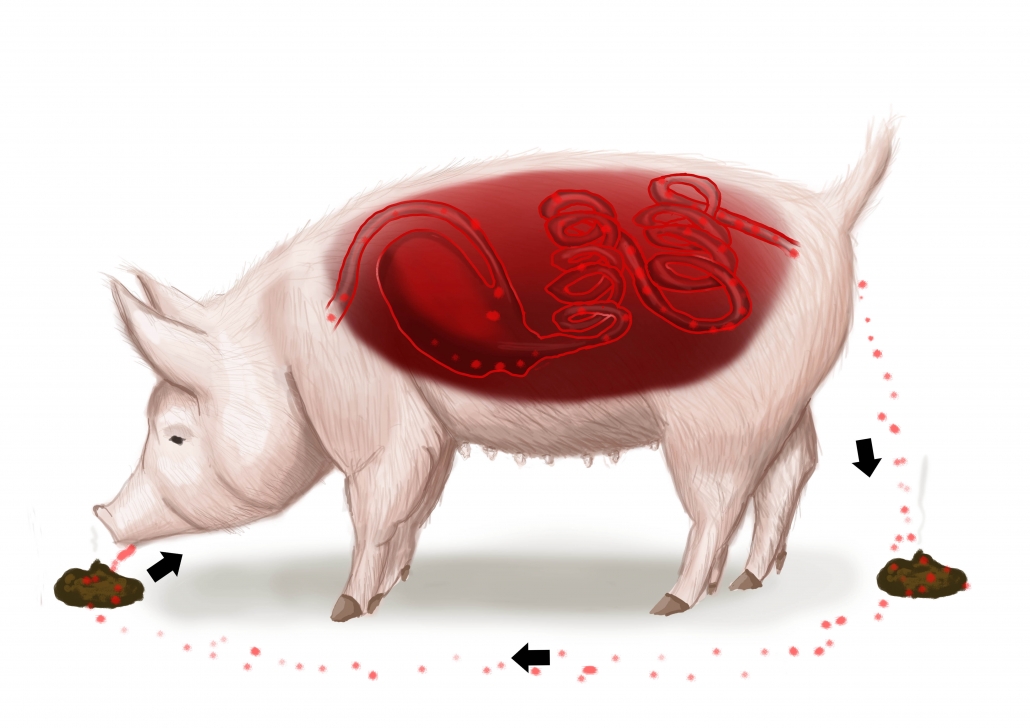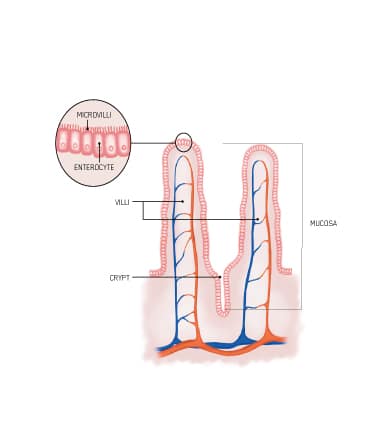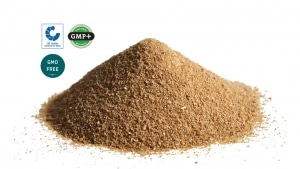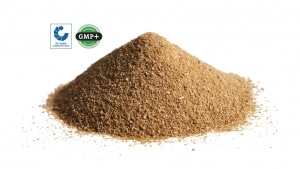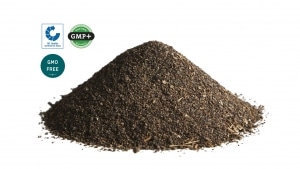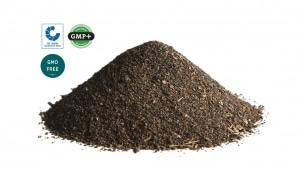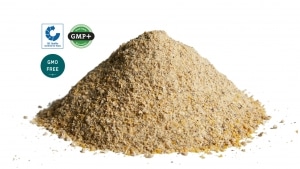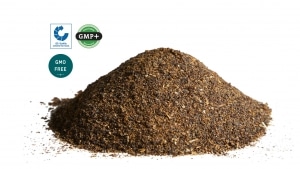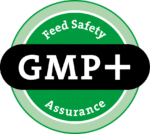Sow health is big business!
An increased focus on animal health and welfare, reduction of antibiotics and carbon footprint from authorities and consumers, forces breeders and producers to rethink their businesses.
In order to maintain production performance high and costs low, whilst reducing the use of antibiotics, extra attention needs to be directed to sow health.
Challenges in sow nutrition
Breeders and producers have excelled in refining and fine-tuning the production process. Sows have been selected for their large litter size, milk production and ability to rear many piglets. As the litter size keeps increasing milk production becomes even more important to feed the growing litter.
Besides genetics, the sows milk production is affected by the sows’ condition, temperature, length of lactation period, water and feed intake, feed composition and the presence of pathogenic bacteria.
Feed benefits
Bacteria and parasite challenges
E. coli is widely recognized to reduce the sows milk yield as well as diarrhea outbreaks. Clostridium perfringens is another crucial Gram-positive bacterium passed on from sow to piglets causing birth diarrhea. Many other bacteria cause an increase in mortality – such as Salmonella spp. Keeping the pathogenic bacteria count low before farrowing and during lactation is key for high milk yielding sows and low piglet mortality.
Feeds influence on sows
Microbiome modulation in sow and piglets
The sows’ microbiome is affected by feed. The microbiome consists of thousands of different bacteria – some of them pathogenic and some beneficial. Through feed containing prebiotic fibers, probiotics and metabolites (such as organic acids, flavonoids, vitamins and antioxidants), the balance and diversity of the gut microbiome can be modulated. It is possible to increase the number of beneficial bacteria and repress pathogenic bacteria by adapting the feed.
Microbiome passed on from sow to piglet
Sows pass on their microbiome as early as in the womb. The microbiome is passed on to the foetuses during gestation, at birth, through lactation and when in contact with the sow, for example through the snout and faeces.
More antibodies in colostrum.Gilts +40 % and
sows +25 % more.
Better performing gilts and sows
The younger the gut, the more influence feed has on the gut flora and the performance. It is widely recognized that gilt perform less than sows – especially if no consideration has been done to prepare the gilts for gestation. Through functional feeding, the gap between gilts and sows can be reduced.
two piglets more
More and better milk
Increased litter sizes push the performance of the sow to a maximum and the supply of milk becomes vital. Not only the supply but also the quality of milk can be improved, as the number of antibodies passed on in colostrum can be increased through feed – by as much as 40 %. Antibodies passed on from sow to sucklings remain in their blood for up to two months. Their role is to aid the sucklings to withstand infections.
Recommended use of EP199:
We recommend adding 6 % EP199 for the young females a month before insemination to ensure a balanced gut microflora before gestation. Increase the amount to 9 % one week before farrowing to minimize pathogens colonizing the gut microflora and continue throughout the lactation period. EP199 can be used in dry, pelletized and liquid feed. Pelletizing will reduce the content of probiotics.
PROTEINS
For more information about our fermented proteins
ABOUT EUROPEAN PROTEIN
European Protein is a Danish family-owned protein producer. We work to promote health and productivity for animals through functional and sustainable plant proteins. The company was founded in 2011 and has protein factories in Denmark, Ukraine and the US.
HEAD QUARTER
European Protein A/S
Vorbassevej 12, 6622 Bække, Denmark
+45 75 38 80 40, [email protected]
VAT No. 33643675
FACTORIES
Denmark
Mangehøje 4, 7300 Jelling, Denmark
+45 75 38 80 40, [email protected]
Ukraine
222-a Vokzalna Street, Rokytne 09600, Kyiv Region, Ukraine
+38 044 390 40 54, [email protected]
USA
1201 N Ellis Rd #7055, Sioux Falls, SD 57107, USA
+1 605-338-9775, [email protected]

